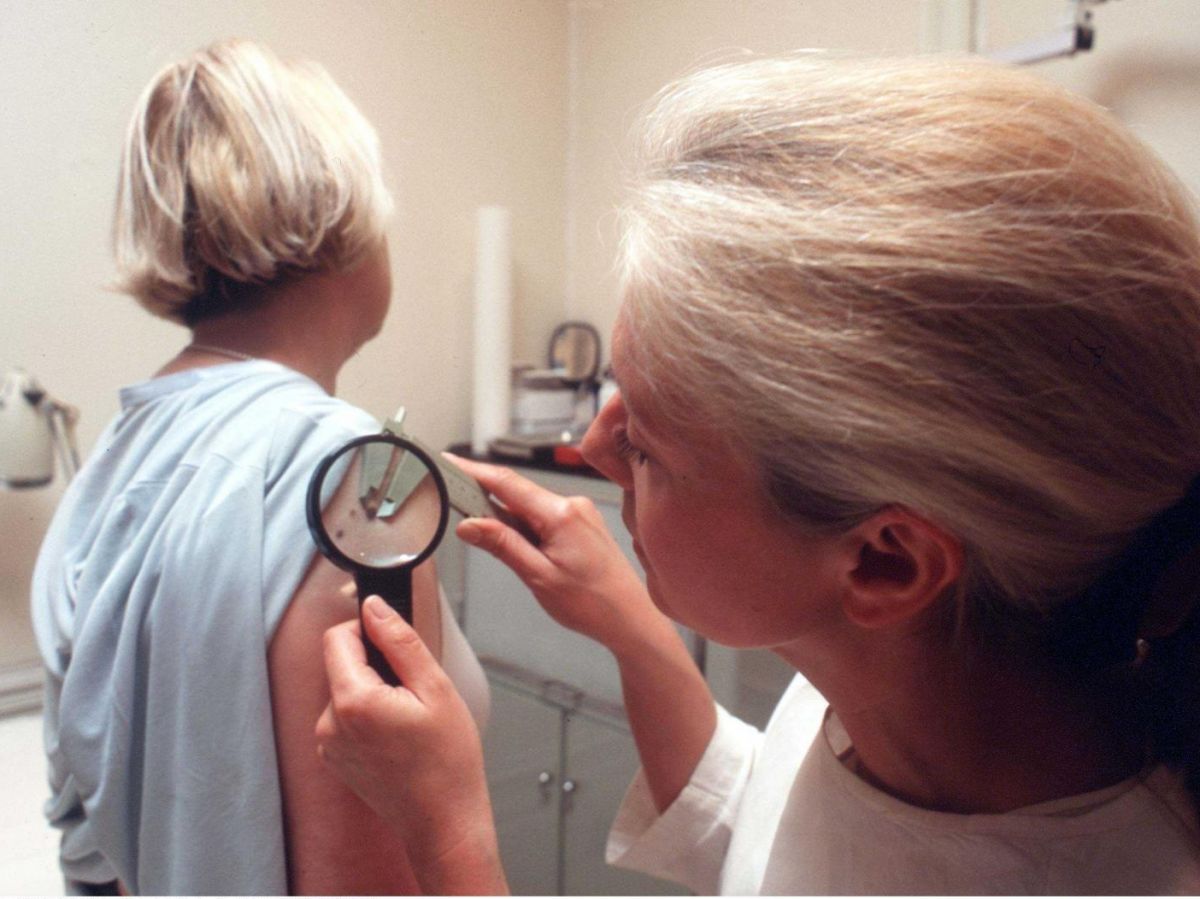According to National Cancer Institute, cutaneous basal cell carcinomas (CBC) represent 90 % of skin cancers diagnosed in France. They are the most common (70 % of skin cancers) and the least serious, because their development, limited to the basal layer of the epidermis, remains localized. Often located on the face, an area particularly exposed to the sun, these carcinomas can however become difficult to treat surgically when they are locally advanced, with a risk of impact on the quality of life of patients.
A team of researchers from MedUni Vienna and the University Hospital Vienna (Austria) has studied the effectiveness of a new type of treatment and obtained promising results in the phase II of their clinical trial, published in the journal Nature Cancer.
Read alsoDual immunotherapy can beat melanoma, the most serious skin cancer
Treatment with local injections of T-VEC
The treatment used in this clinical trial is TVEC (talimogene laherparepvec), a modified version of the herpes virus designed to specifically attack cancer cells. Approved only for superficial metastases of the melanoma (more aggressive skin cancer), this drug (also marketed under the name Imlygic) targets tumor cells while stimulating the immune system. In this clinical trial, it also shows efficacy against a less aggressive form of skin cancer: basal cell carcinoma.
In this study, 18 patients with difficult-to-treat tumors received six intralesional injections of TVEC over a 13-week period before scheduled surgical removal. The goal was to reduce tumor size to avoid major procedures requiring skin grafts or skin flaps. (piece of skin and underlying tissue moved from one area to another to cover a wound or missing area of skin).
Read alsoWhat is phototherapy?
"All treated tumors at least decreased in size and none of them continued to grow."
The results of the TVEC study are particularly encouraging: 55.6% of patients responded positively to treatment, and in one third of cases, the tumor had completely disappeared. In addition, six months after treatment, no patient had experienced a recurrence or a reduction in life expectancy.
"In half of the patients, the tumor was reduced to such an extent that an operation with direct wound closure was possible. In a third of the cases, the subsequent histological examination did not even show any living tumor cells. All treated tumors at least decreased in size and none of them continued to grow under the effect of the treatment. The latter was well tolerated by the patients.", underlines in a press release Christoph Hoeller, lead author of the study.
These results pave the way for an innovative pre-surgical approach to treat advanced basal cell carcinomas, particularly in patients with extensive tumors. The next step for the researchers will be to begin phase III of the clinical trial on a larger sample of patients.
This treatment could be all the more relevant as the waiting times for getting an appointment with a dermatologist remain long, which can delay the treatment of this type of pathology on French territory. In 2023, a rcontribution from the Jean Jaurès Foundation revealed that dermatology is one of the medical specialties with the longest waiting times (36 days on average) to get an appointment, according to data from Doctolib, which only takes into account private practitioners.

